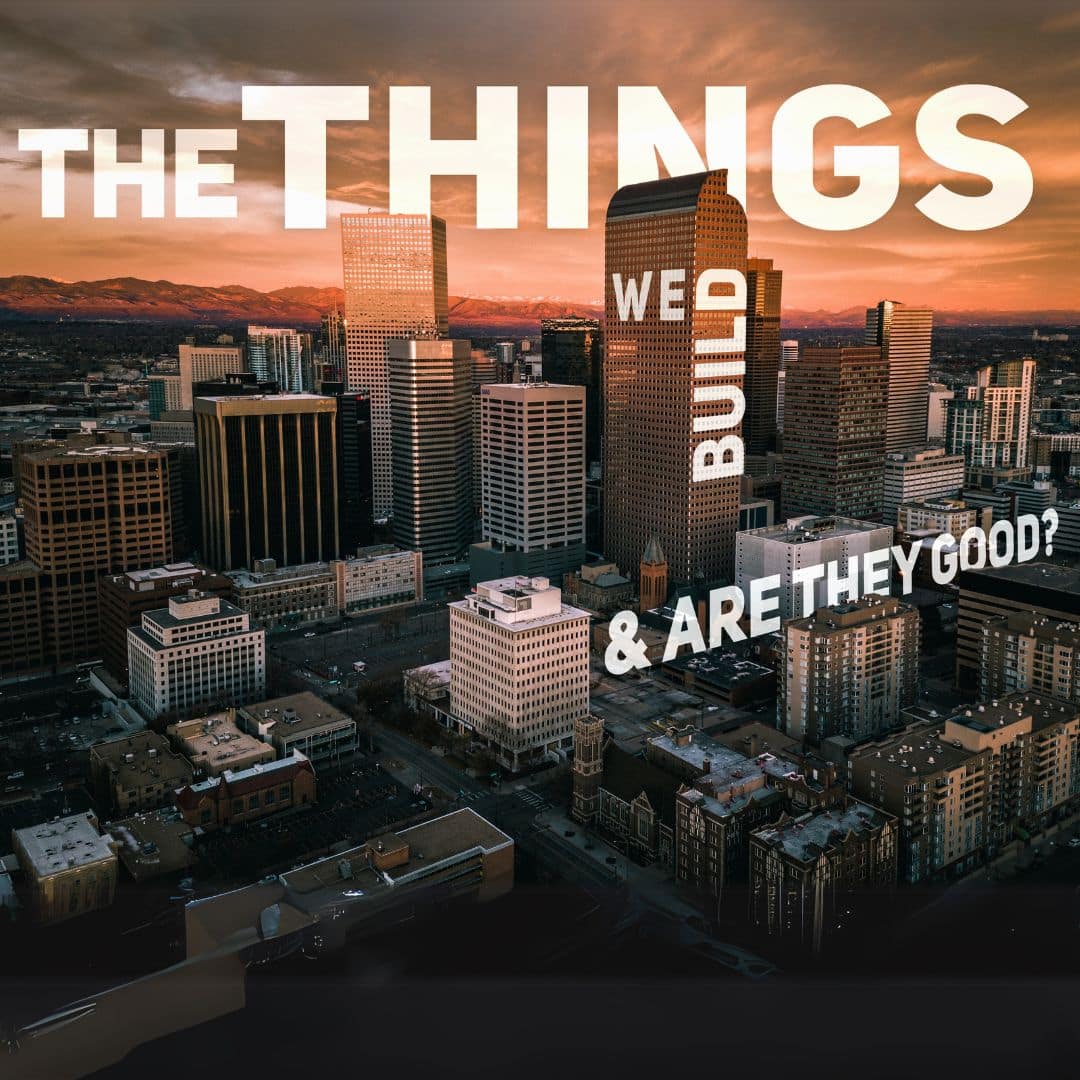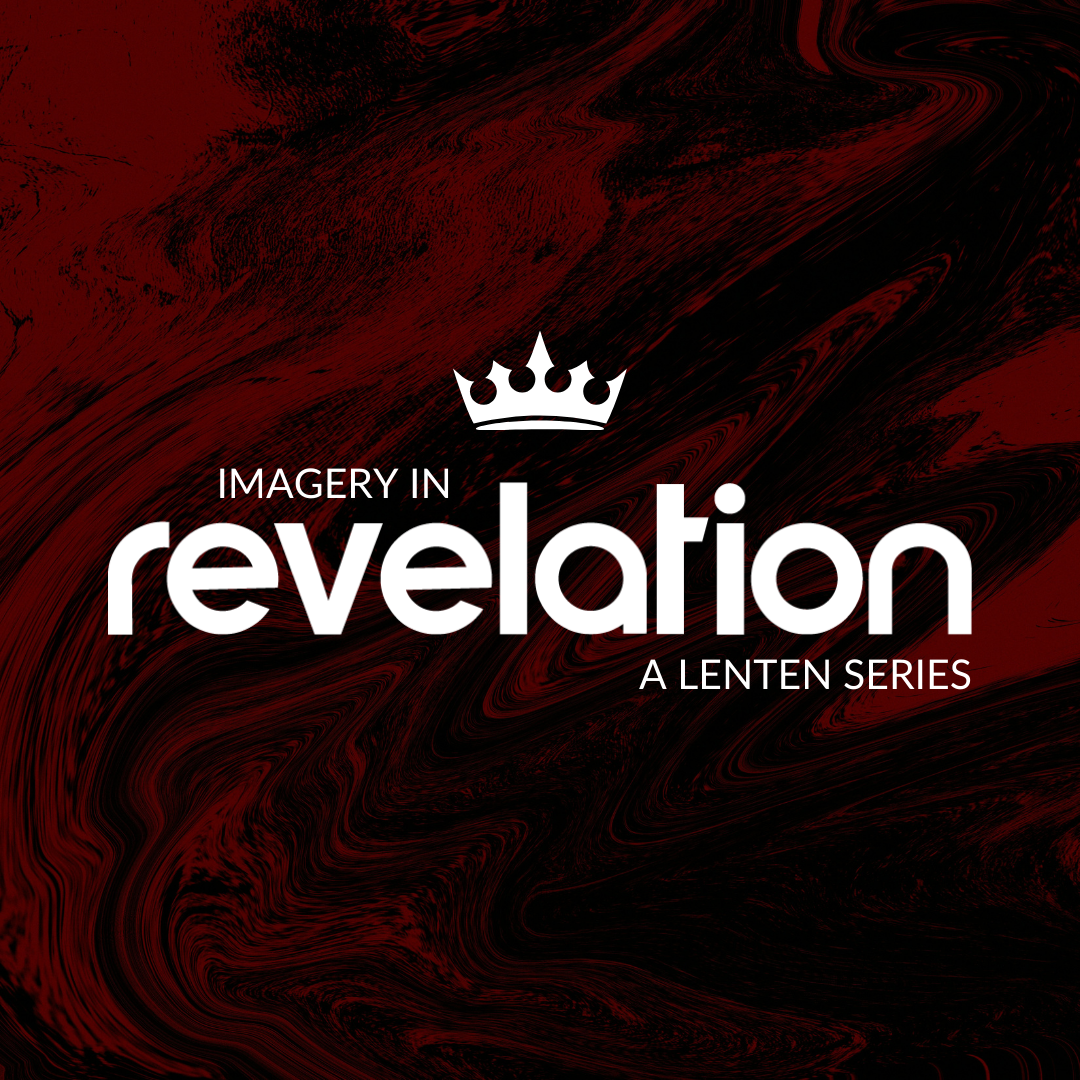What is Happening When We Don’t Feel God?
John Colvin2025-07-03T18:04:47-06:00Most of us have experienced joy and elation when we worship God at South and possibly at a Christian concert. We were made for worship. We might have a strong “worthship” in the Broncos, [...]




